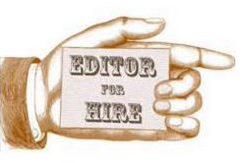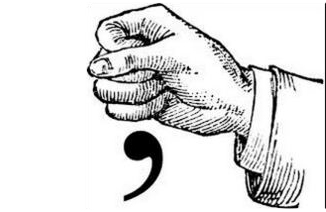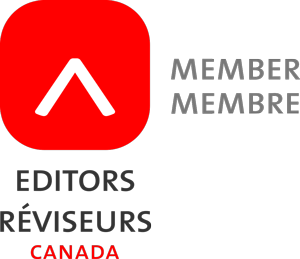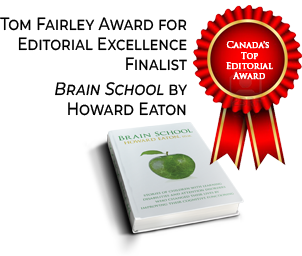
Your 4-point checklist for hiring a freelance editor
So you’ve finished your masterpiece. You’ve had it reviewed by peers, beta readers, a few trusted friends. You’ve revised and revised, written a second draft or even a third, polished some more, and at last you feel ready to release it to . . . no, no, not the world! What you need next is a freelance editor—and you clearly already know that because you’re reading this article. Every writer needs an editor. But it’s confusing and sometimes overwhelming out there in the world of editorial services, and perhaps you’re unsure of how to go about hiring a freelance editor. Following are four steps to help ensure you find the ideal editor for your manuscript.






